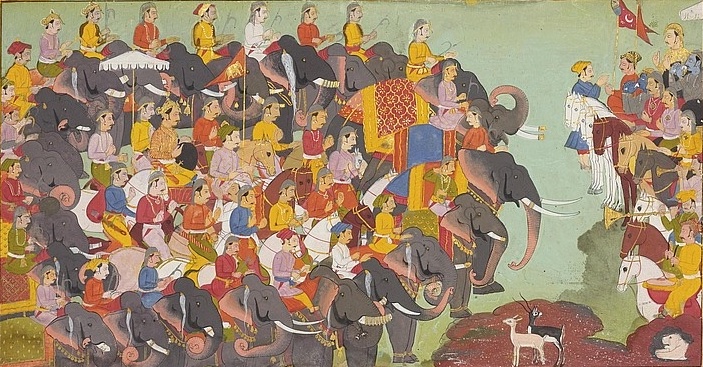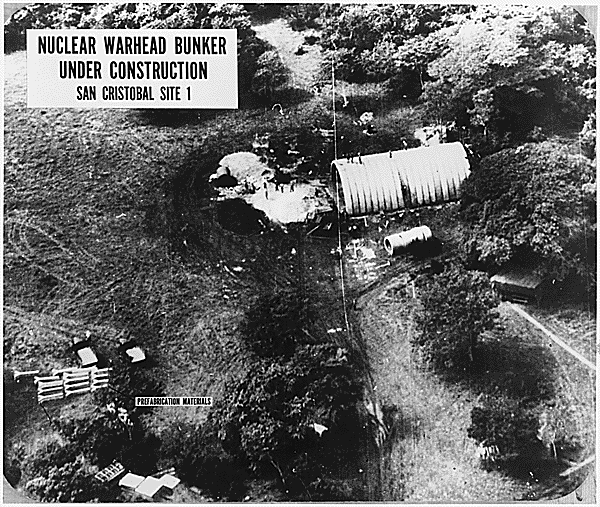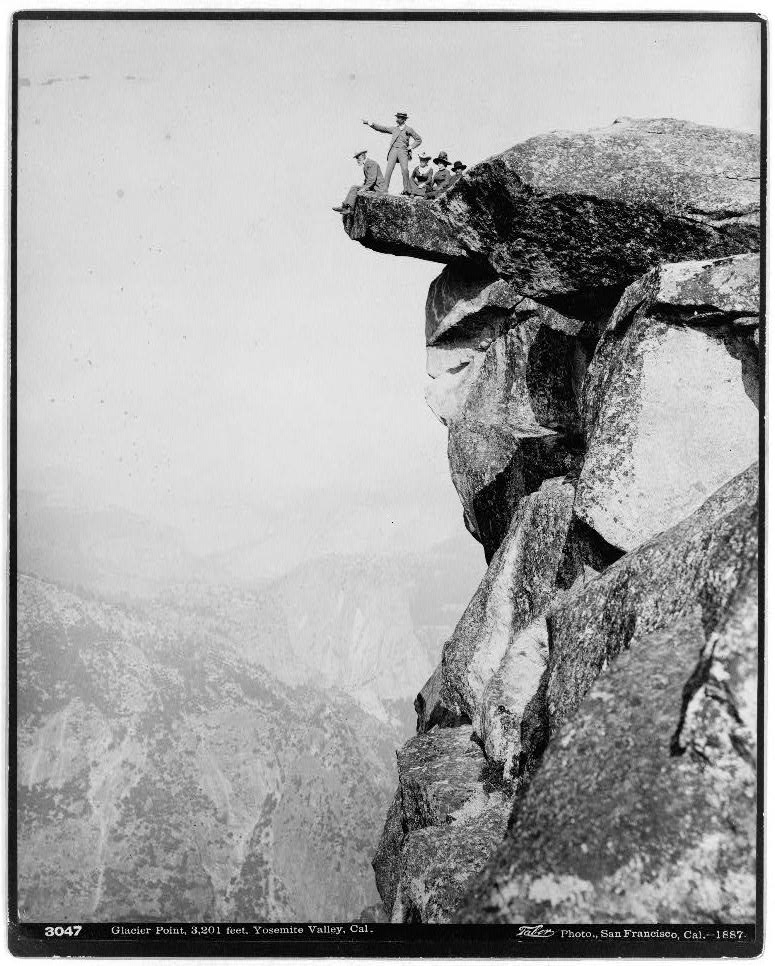In ancient India, there was a long-running feud between the Pandavas and the Kauravas. Duryodhana, leader of the Kauravas, planned a huge war to end things forever. Krishna warned that this would lead to the total destruction of both sides and made every effort to forge a peace.
Duryodhana refused to listen and launched his war. There were 4 million warriors at the start. After 18 days, all but 11 were dead.

It’s unclear if Duryodhana knew Krishna was a god. Duryodhana may have been an atheist, despite having seen Krishna in his extremely multi-armed/multi-headed Vishvarupa form. But Krishna had certainly proven himself to be a master tactician and strategist—also he was blue.
So why didn’t Duryodhana listen?
It seems like this happens a lot. Someone has a problem, they ask you for advice, and you give it to them. Your advice is impeccable, pragmatic, human, wise. But they ignore you and suffer the predictable consequences. All they had to do is listen. So why didn’t they?
Big picture, my impression is that advice just doesn’t seem to do all that much. Why?
Maybe your advice is bad.
Maybe your advice is terrible and if people followed it, they’d do even worse. Or maybe your advice is good for the situation as you understand it, but not for the real world because of details you don’t know about.
I’m sure there’s lots of this. The median nutrition advice is appalling. In 1962, President Kennedy’s Joint Chiefs of Staff all advised air strikes on Soviet missile installations in Cuba. Internet people seem to think you should divorce your spouse for misdeeds as minor as forgetting to buy shampoo.
But I’m still convinced that lots of good advice gets ignored. Because—people sometimes ask me for advice, ignore it, struggle, and then finally come back and explain my advice to me as if it were novel. (Presumably I do the same thing.)
Maybe your advice is incomplete without your lived experience.
When I was learning to climb, everyone said things like, “if in doubt, move your feet up” or “don’t pull yourself up with your arms, push yourself up with your legs”. These people were much better than me, and I could see them moving their feet up. I knew their advice was good and I tried to follow it, but I couldn’t understand how.
After learning to climb, I found myself telling newcomers the same things, with the same result.
I’m now convinced that “move your feet up” simply isn’t enough information. In reality you need to find the right holds, grab them in the right way, hang your arms the right way, get your center of gravity into the right position, and twist your hips and knees and ankles into the right angles. Then you need to move the right foot to the right new position while shifting your weight with the right speed. All these things are hard to explain in words and experienced climbers often don’t even think about them.
“Move your feet up” seems like a good explanation, because it’s the most visible action, and the one that you’ll most likely think about consciously. But it only works once you’ve internalized lots of other stuff through trial and error.
Maybe people ignore your advice because they don’t understand it.
Sometimes I’ll have a personal revelation and then it will dawn on me that—oh yeah—people have been dropping hints about this for years, haven’t they? (Common themes include, “Wow you sure drink a lot of coffee!” and “I hear lavender oil is relaxing!” and “Have you ever tried yoga?”)
Often the advice was good and there wasn’t anything difficult about it. But I didn’t understand it and didn’t take it seriously. Looking back, I should have thought, “There must be a reason all these smart people keep bringing this up.” But instead my brain sort of converted their words into a big whooshing sound.
Maybe ignoring stuff we don’t understand is a cognitive bias. I suspect this bias has an evil sibling: Our brains often make us not understand advice that we don’t want to follow.
You’ve surely known someone who, after dating someone for 6-12 months, was constantly stressed and anxious, but their relationship hasn’t progressed to the stage that they’d feel comfortable even discussing if they are “in a relationship”.
The conventional wisdom is to end things, or at least have a tough conversation, damn the consequences. Everyone knows this. But people in this situation often convince themselves their situation is exceptional, because ending the relationship (or whatever it is) would be so painful.
Maybe people can’t follow your advice because they don’t feel like it will work.
My theory of procrastination is that a guy named Jim lives in your head. Before you try to do something, Jim calculates how hard it will be and what benefits it’s likely to bring. If he doesn’t like the ratio, he adds a “tax” that makes it very hard to do the thing. Jim is stubborn and not very bright.
But Jim Theory, if correct, explains more than just procrastination. A childhood friend of mine always wanted to be a programmer. He did it for fun as a teenager and was good at it, but in college he had to major in something else for financial reasons. Afterwards, he felt stuck in a career he didn’t like very much.
I was sure he could still transition into programming. I begged him to try taking a night class, or get a low-level tech support job, or get some kind of online certification, or start an open-source project. I promised him that he could surely find someone who would pay him a below-market salary to do something programming-related. As I said these things, he would nod his head, but in his heart I think he never felt it could work. So he never did anything. It’s incredibly hard to do things when Jim isn’t on board.
Maybe what works for you doesn’t work for others.
Some time ago, my dog died. One very caring and empathetic friend sensed that I was devastated and promised me that I’d feel better if I binged on reality TV. But I would not have felt better if I binged on reality TV.
(My “reality TV” is goat videos.)
I often wonder—how different are people? The trouble is that we’re all trapped inside of ourselves. I can’t truly know what it’s like to be you without being you. But my guess is that people vary a lot and often along unsuspected dimensions. So it’s hard to predict what advice will transfer.
Maybe your advice requires a lot of willpower.
Of all the advice I’ve given out on this blog, I think people would benefit the most from following my advice on how to start running. A bunch of people have told me they tried this advice and went running at least a few times. But I’m not aware of a single case of this leading to a new long-term running habit.
Meanwhile, many people have told me I convinced them to start using noise cancelling headphones and even more have told me I convinced them to get an air purifier.
Why? Probably because running is hard. I maintain that if you run the right way, it isn’t nearly as hard as it first seems. But it’s still hard. Buying headphones or installing an air purifier is incredibly easy.
Maybe we don’t care so much if advice is useful.
Maybe we ask for advice because we want reassurance that our pre-determined choices are right. If you ask enough people, eventually someone will give you validation.
Or maybe we ask for advice to have something fun to talk about. Asking someone for advice is a genuinely great way to start a conversation—though it might work best with hypotheticals.
Or maybe advice is a “guardrail”. Even if we know what we want to do, we want to make sure other people don’t have irrefutable proof it will lead to catastrophe. That could still be worth it even if we only change our minds 1% of the time.
Or, if you’re an economist, try this: Advice is cheap. So maybe we keep asking for advice in more and more situations where it’s increasingly unlikely to be helpful, until expected benefit matches the (tiny) cost.
Maybe we get stuck inside our heads.
Sometimes we have too much information. We’re too close to the situation, too overloaded to see the big picture.
You could probably name some “obvious” things that would make my writing better. (Really, you could probably do this!) But I might struggle to implement your advice because it’s hard to see your own writing objectively—to separate what you mean to say from what you’ve actually said. (Tell me anyway.)
A few years ago, I lived overseas. I liked living there and wanted to stay, but changes were coming that would make my then-amazing job into a nightmare. I spent months asking everyone what I should do. But in retrospect, I’m not sure what I was hoping to hear. There was no solution. I could stay with a worse job, or I could leave. Somehow I couldn’t see that.
Maybe when advice works, we don’t call it “advice”.
Here’s some advice, from me:
-
Avoid drinking pond water.
-
If you want to get better at math, try doing practice problems.
-
If people have a good “user experience” when they interact with you, then they will want to interact with you more in the future.
Maybe when advice works, we reclassify it as something other than “advice”.
Maybe the reason your advice is needed is the same reason people can’t follow it.
I struggle to answer my email. I accumulate ever-larger numbers of emails marked REPLY ASAP feeling ever-more guilty until after some months I “declare bankruptcy”, mark everything as resolved, and begin the cycle anew. If you’ve emailed me and I haven’t written back, I genuinely feel terrible about it.
Unless you have the same problem, you probably have questions like:
-
Why don’t you just answer everything as it comes in?
-
Why don’t you just set aside some time every day to answer emails?
Why don’t I do these very obvious things which would clearly 100% solve my problem? That’s hard to explain. But if I could do them, then I wouldn’t bloody have this problem in the first place, would I?
Probably everyone has some issues and struggles to deal with some things. Maybe the same issues that make them need your advice also make them unable to use it.
So what?
What lessons does this exercise offer for how to “fix” advice? I think… not a lot?
For consumers of advice, I guess there are two meager lessons:
-
If people you respect are repeatedly giving you advice that doesn’t make sense, consider that you might be missing something.
-
Maybe consider blindly following advice sometimes? If you’ve repeatedly made terrible choices in some domain, maybe try the wisdom of the crowds instead?
(I’m particularly thinking of people who have a track record of picking terrible romantic partners here, but I’m not sure it’s realistic.)
And for producers of advice:
-
Have realistic expectations. Most advice isn’t followed.
-
If you really want to have impact, focus on giving advice that is easy to follow.
If you really want to have an impact, I think there’s a specific category of advice, one that people are particularly interested in and particularly likely to follow: Advice about ways to spend money.
What’s so attractive about this type of advice? I think it’s that the space of “things one could buy” seems so much vaster than the space of “things one could do”. It seems like there’s a higher chance there’s some hidden secret that could move the needle.
So I guess that’s my advice on advice? Embrace consumerism? Not what I expected.




































